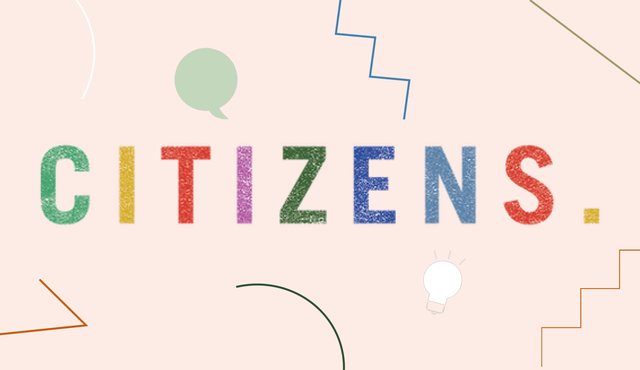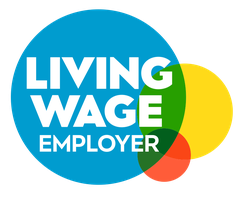How can community businesses build citizenship in our communities?

Jon argues that people have understood their relationship to society over several generations through three broad narratives: subject — consumer- citizen. Jon argues that we are at a point where the dominant consumer narrative seeing us as self-interested beings is shifting towards a citizen narrative where we are more inclined to act in the collective interest.
This different sense of how we want to participate in public life is borne out in the growing number of local government and community organisations working with communities through citizen assemblies and panels. What we are learning from these processes is that people act as citizens in the collective interest if the process helps them see the perspectives of those impacted by the decision.
In the webinar Jon talked about how participatory approaches have become mainstream in Taiwan, originating with digital disruption. This then became a key lever through which the government developed its policy response to the COVID pandemic. It was also used in deciding to grant a licence to Uber by building community consensus by getting rapid feedback on the consequences of policy decisions. The digital platform was not just a tool or enabler, it changed the possibilities of the relationship between people and government. To paraphrase Jon quoting Buckminster Fuller it “built a new model through technology that opened up new possibilities, rather than re-design the existing system”.
For matters that cut to the fundamentals of our values and our ways of life, like climate change, abortion or gay marriage, participatory decision-making separates decision-making from political tribalism. For example, the French Government have established a community assembly for climate change; the Irish Government used participatory processes to shape policy amendments around abortion and build a democratic coalition for change.
Significant investment can also be a catalyst for community participation. Jon shared the example of East Marsh United and Our Future in Grimsby where a change in ownership of the football club catalysed a series of initiatives that look to generate economic and social change in Grimsby. This empowered local people to be part of a movement, alongside businesses.
These examples tell us that the opportunity for active citizenship comes from a moment where the status quo is disrupted. These moments start with something catalytic that creates the opportunity for people to take action or influence change. Whilst they might be initiated by local and national Governments seeking greater participation from their communities, those changes can also come from individuals and from community organisations and leaders. We do not need to rely on enlighted government leaders to start the change.
We explored what this might mean for community businesses.
Jon talked about the National Trust as an example of an organisation that has disrupted the consumer relationship by straddling purpose and value and positioning customers as members of a movement to create beauty and protect the natural environment. But as the National Trust example also shows sharing power with a diverse membership creates clashes of value and perspective like the culture wars around the recognition of LGBTQI history and dealing with the colonial history of the wealth that created many historic homes. The way we interact with organisations is engrained in the processes, culture and rituals that they and we adopt and moving from a consumer model takes us into uncharted territory.
Nevertheless, we think community businesses have an opportunity to signal a different relationship with their customers that reflects their distinctive role and value in communities. If we are at a moment, as Jon argues, when the balance of power is shifting from established, formal democratic structures to a more engaged and empowered citizenship, then we need organisations connected with communities to provide the means to engage and convene local people.
We have lost many of the places and organisations that created the “fabric” of local community, but it is community businesses alongside other community-based organisations that are putting these back in the spaces and the services that enable connection. We need to understand the value of community businesses as convenors and enablers of active citizenship as we consider the value of investing in creating social entrepreneurship and how we support our local community enterprises.

